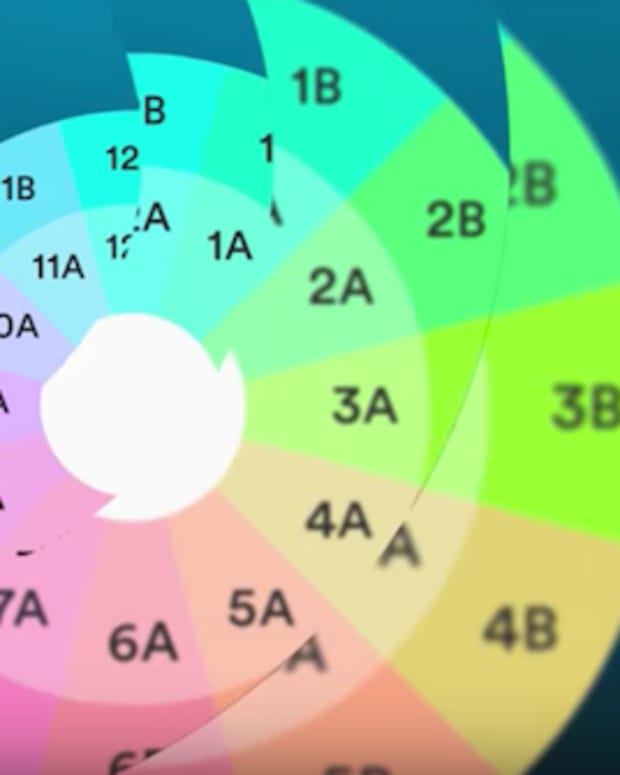

ĭJs started to speed up garage tracks to make them more suitable for the jungle audience in the UK. Escaping the 170bpm jungle basslines, the garage rooms had a much more sensual and soulful sound at 130bpm. After jungle's peak in cultural significance, it had turned towards a harsher, more techstep influenced sound, driving away dancers, predominantly women. In the United Kingdom, where jungle was very popular at the time, garage was played in a second room at jungle events. it's like a melting pot of young people, and that's reflected in the music of UK garage." History Relationship with jungle MJ Cole once stated, "London is a multicultural city. And UK DJ Tuff Jam and Dreem Teem started playing Dub mix of US garage. In the early '90s, American DJ Todd Edwards, a pioneer of the speed garage sound, began remixing more soulful house records.

The evolution of house music in the United Kingdom in the early to mid-1990s led to the term, as previously coined by the Paradise Garage DJs, being applied to a new form of music known as speed garage. UK garage encompassed subgenres such as speed garage and 2-step, and was then largely subsumed into other styles of music and production in the mid-2000s, including bassline, grime, and dubstep. DJ EZ helped to popularise the genre as a DJ. Wookie (musician) and MJ Cole are famous UK garage musicians.

Garage tracks also commonly feature 'chopped up' and time-stretched or pitch-shifted vocal samples complementing the underlying rhythmic structure at a tempo usually around 130 BPM.

It is defined by percussive, shuffled rhythms with syncopated hi-hats, cymbals, and snares, and may include either 4/4 house kick patterns or more irregular " 2-step" rhythms. The genre was most clearly inspired by garage house, but also incorporates elements from dance-pop, R&B, and jungle. UK garage, abbreviated as UKG, is a genre of electronic dance music which originated in England in the early to mid-1990s.


 0 kommentar(er)
0 kommentar(er)
